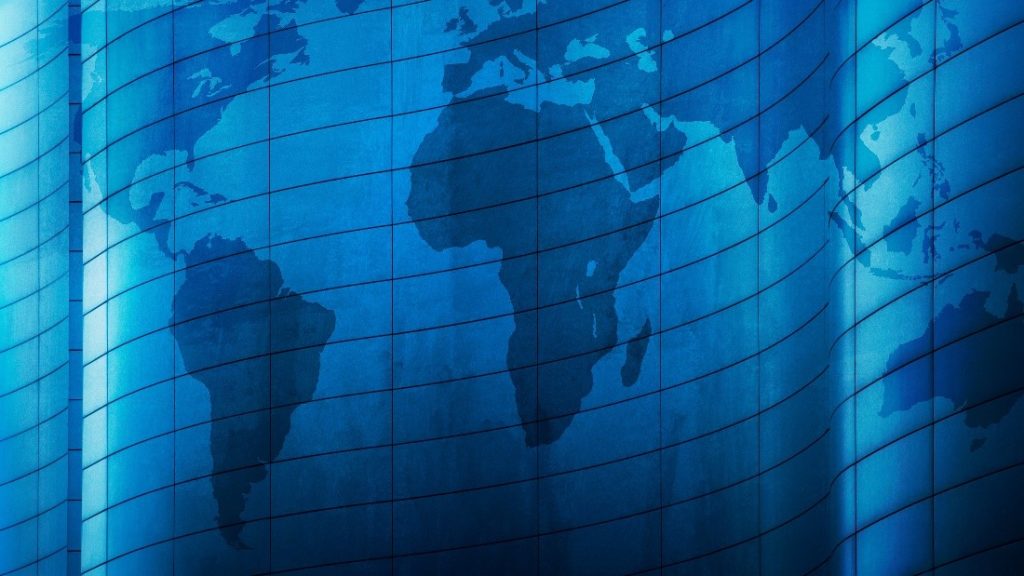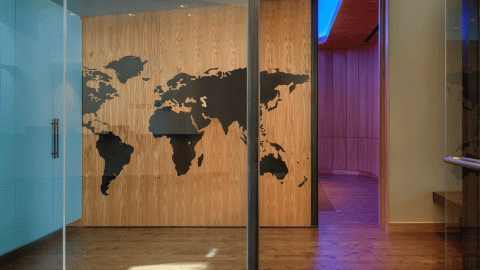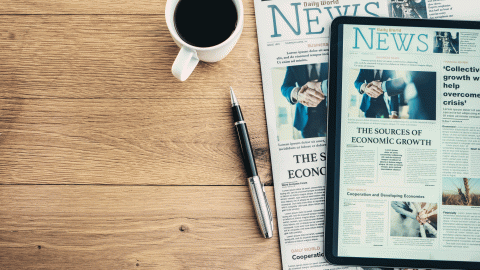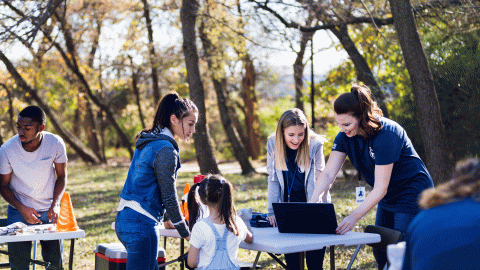Can data help speed our recovery from Covid? Microsoft and the WHO hope so
In late January, the World Health Organization declared the novel coronavirus outbreak a public health emergency of international concern. That is the WHO’s highest level of alarm. As the leading international health agency facing an unprecedented demand for information and advice, the WHO turned to technology companies such as Microsoft to help manage a rapid response to the pandemic using digital tools.
Microsoft has deepened its commitment to the United Nations recently with the launch of a new UN Affairs office. It is focused on strategic partnerships with several UN organizations working to support its Sustainable Development Goals (SDGs). These goals set a global target for a better and more sustainable future by 2030. As a specialized agency of the UN, the WHO is one of these partners.
But it was the speed at which Covid-19 arrived, and the immediate impact it had on populations already facing health and environmental challenges, that saw those partnerships activated “at a new level of urgency,” says Justin Spelhaug, Global Head of Tech for Social Impact at Microsoft Philanthropies.
“Virtually every humanitarian related Sustainable Development Goal has been rolled back by probably a decade,” says Spelhaug. “For every month of Covid-19, it’s up to a year of lost progress against these goals. It’s how we respond now that will make all the difference in bringing these goals back on track.”
[READ MORE: Why does Microsoft have an office at the UN? A Q&A with the company’s UN lead]
Together, Microsoft and the WHO embarked on 10 projects, from using technology to activate global supply chains for protective equipment to developing platforms for clinical trials research. Furthermore, data has been gathered at a national level and organized in a way that can help ensure the most effective response where it’s needed most.
“These were all part of tech for Covid-19 pro bono initiatives to implement new digital solutions and enhance existing WHO systems to appropriately respond to the pandemic demands for scalable, performing and secure digital solutions,” says Bernardo Mariano, Chief Information Officer of the WHO.
Although partnerships like this have led to the rapid deployment of technology resources, a commitment to using digital tools to improve health outcomes is part of the WHO’s Global Strategy on Digital Health. This also requires improved collection and monitoring of public health data to achieve the SDGs and the Triple Billion targets with a focus on universal health coverage (UHC), healthier populations and health emergencies protection.
[READ MORE: Promoting trusted information in response to COVID-19]
The Triple Billion targets were created in 2018, when Dr. Tedros Adhanom Ghebreyesus, the WHO’s Director-General, took office. They are a means of “preparing to respond to health emergencies, to make sure that we have access to health care equitably and to make the world a better place, so that everyone can live not only longer, but healthier,” says Dr. Samira Asma, the WHO’s Assistant Director-General for the Division of Data, Analytics and Delivery for Impact.
Now, with Covid-19 causing large-scale disruption, Dr. Asma says, “The question is, how can we reclaim the successes and realize the ambition? We cannot do it with the means that we have,” adding, “that is where the technology comes in.”
The problem with Covid is that it has redirected so many resources in the world that there are other issues being neglected
Addressing Covid-19 is just the starting point. Microsoft and the WHO are also collaborating on a project that could drive improved health outcomes for everyone. The World Health Data Hub, for example, will use artificial intelligence to create a global information center for disease surveillance and knowledge sharing that could help further the SDGs by providing a targeted picture of disease patterns and sharing insight into where particular health issues most need attention.
“The problem with Covid-19 is that it has redirected so many resources in the world that there are other issues being neglected,” says Spelhaug. “Like tropical diseases that kill millions of people each year, and the world has taken their eye off it, because we need to focus on Covid-19, but we’re very interested to make sure that, in the communities that suffer from neglected tropical diseases, which are the poorest communities in the world, we are advancing the analytics and the understanding of the patterns that are emerging in these communities, so we’re focusing on that on the data platform.”
In low- and middle-income countries, millions of children continue to die from preventable illnesses each year, and metrics such as stunting – impaired growth and development stemming from poor nutrition, repeated infection and inadequate social stimulation – will be included on the World Health Data Hub when it is rolled out in 2021. The goal is for the platform to be a nerve center for scientists, governments and aid organizations to help target not just Covid-19, but also treat chronic physical and mental health issues.
“The World Health Data Hub truly has the ambition and the support to be a game changer,” says Dr. Asma. “We are restless. We know we can deliver. It is our responsibility – collectively – and we know we can’t do it alone.”
[READ MORE: 4 ways sharing data is improving our world]
The private and public sectors are increasingly partnering on global challenges. Alongside its WHO projects, Microsoft has recently been working with the World Food Programme on creating a digital identity for those – such as refugees – who don’t have the records needed to match them to the right food, medicine, support and services. It’s the kind of investment that has a multiplier effect, not just for the World Food Programme, but for every global aid organization.
Whether it’s in delivering food and medicine or battling disease, “we need to make sure that we’re taking a problem or opportunity-oriented approach,” says Spelhaug. “We’re not implementing technology for technology’s sake.”
“Covid-19 is a challenge, but also an opportunity,” adds Dr. Asma. “We were already trying to work out, over the past year, how we resolve the fragmentation, so that we can make data and create knowledge in a more structured, organized way [and] predict not only impending epidemics or pandemics, but also forecast where we will be in terms of scenarios, simulation, using AI and machine learning. There are so many possibilities that health has not really scratched even the surface of it.”
If tech can help global health concerns catch up after Covid-19, then the global ambitions for the SDGs – and our wider well-being – may yet be achievable. “What we’ve learned,” says Spelhaug, “is the impact we can have together when we frame the right strategic priorities.”
For more on Microsoft’s work with the UN, visit our UN Affairs page. And follow @MSFTIssues on Twitter.








